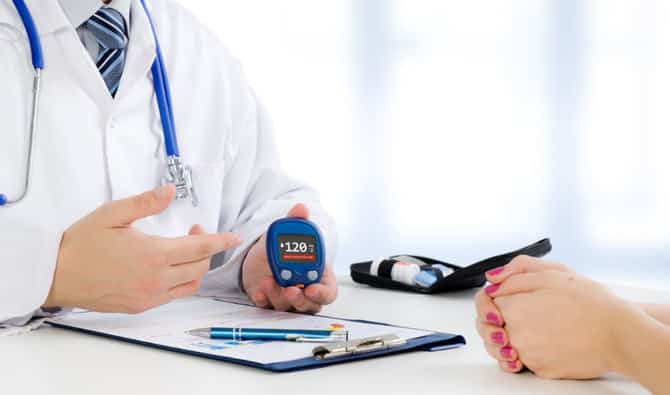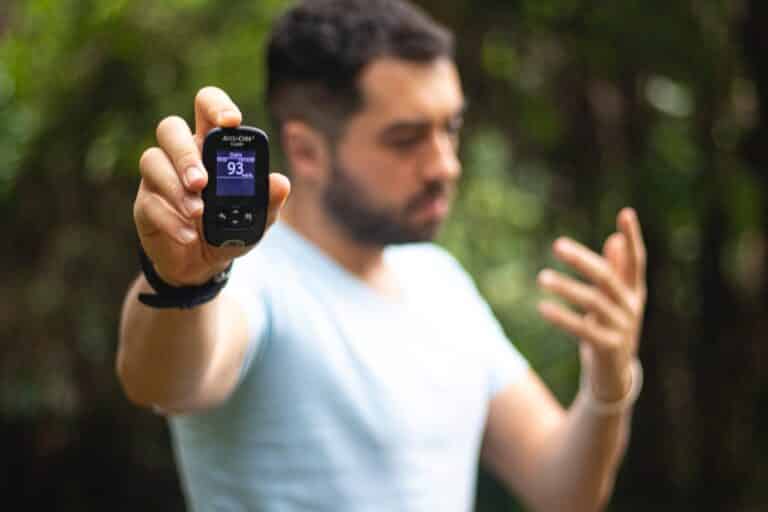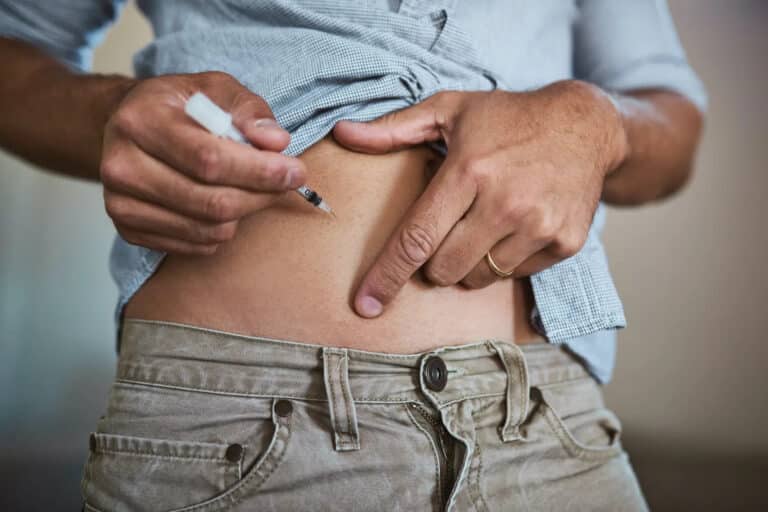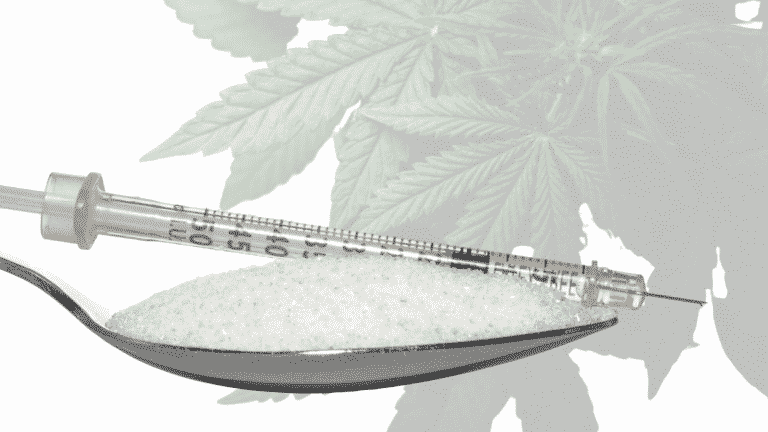Can Type 2 Diabetes Be Reversed?
Previously Published on Verywell Health – If you’ve been diagnosed with type 2 diabetes, you may wonder, can diabetes be cured? Or can type 2 diabetes be reversed? Type 2 diabetes cannot be cured. However, you may be able to control your diabetes to the point of remission.
Type 2 diabetes occurs when your body no longer uses insulin properly. It is the most common form of diabetes.
Through lifestyle interventions such as weight loss, diet, and exercise, it is possible to reach blood sugar levels below the diabetic range. For some people, opting for bariatric surgery may be the best choice for reaching this state of remission.
Remission
The American Diabetic Association defines remission in three stages. Partial remission is achieved by a year of sustained HbA1c levels at sub-diabetic levels, at 5.7% to 6.4% without medication. Complete remission is one year of normal glycemic levels at less than 5.7% without medication. Prolonged remission is defined as achieving complete remission for at least five years.
With intense lifestyle modifications, studies have shown that remission from type 2 diabetes is possible. Achieving weight loss while living with type 2 diabetes is one of the biggest indicators of people who will control their blood sugar enough to reach a state of remission.
To help you on the path to reversing diabetes, it’s important to understand the factors that can improve your health with type 2 diabetes. Learning how you can implement each factor, like weight loss and diet, into your life can help you move closer to achieving remission.
Weight Loss
The benefits of weight loss for those living with type 2 diabetes or those who have been told they are pre-diabetic or have metabolic syndrome are well known.
Weight loss has been shown to greatly affect type 2 diabetes. In one study, over half of the patients who were given specific guidelines on how to lose weight, mainly through dietary interventions, achieved remission. Those who lost the greatest amount of weight compared to their starting weight fared better.
Losing approximately 10% of your weight can prevent progression to type 2 diabetes if you are pre-diabetic. If you have type 2 diabetes, weight loss of 10% or more improves blood sugar and reduces the need for glucose-lowering medications.
One study, the Diabetes Remission Clinical Trial (DiRECT), showed that achieving substantial weight loss through a well-developed program can help people reach long-term remission of diabetes.
To achieve weight loss, you may need to change your diet or increase physical activity or exercise.
Diet
Diet is an integral part of your overall health, especially when living with type 2 diabetes. Some people are able to manage blood sugar by replacing refined with whole grains, reducing added sugar, and following a standard exchange diet. Others have more success with stricter diets.
Low-Calorie Diet
Studies have shown that low-calorie diets can reduce fat mass, which improves markers of type 2 diabetes such as blood sugar. A low-calorie diet consists of reducing daily caloric intake by 25-30%.
Before starting a low-calorie diet, it is best to talk to your doctor or a dietitian who can advise you on the most effective way to reduce calories.
Your doctor will consider your current weight, daily energy requirements, and any other diseases you may have, along with current treatment plans for diabetes and other diseases.
Keto Diet
The ketogenic diet consists of eating a low carbohydrate diet with relatively high amounts of protein and fat. A standard keto diet contains 70% fat, 20% protein, and 10% carbohydrates.
The keto diet has been shown to produce rapid and sensible weight loss along with an improvement in biomarkers in type 2 diabetes, such as a lower HbA1c. If you are interested in starting a keto diet, it is best to talk to your doctor.
In a study where adults were provided an individualized program and support to complete the ketogenic diet program, patients did quite well. They experienced weight loss, had better control over their blood sugar, and significantly decreased their need for medications.
Intermittent Fasting
Intermittent fasting consists of limiting food intake to certain time periods in the day or alternating days in which you drastically reduce your calories.
For example, some people will only eat within a window of eight hours a day and fast the other 16 hours. Others practice intermittent fasting by choosing to fast completely on one day a week or drastically reducing their calories two days a week and eating normally the other days.
While intermittent fasting was not as effective as a low-calorie diet in reducing overall weight, it was comparable in reducing visceral fat, fasting insulin, and insulin resistance. In the few studies that have been done on intermittent fasting, the results are promising for reducing weight and insulin requirements.
Long-term benefits still need to be studied, but with proper medication adjustments and self-monitoring for blood glucose levels, intermittent fasting can be safely implemented into your diet.
To get the most benefits from intermittent fasting, it is best to consult with your doctor. Your doctor or other healthcare professional can help you safely and effectively begin an intermittent fasting program.
If you take anti-diabetes medications, including sulfonylureas, you may need to adjust your doses on the days you fast to avoid hypoglycemia.
Exercise
Exercise in and of itself has great benefits on glycemic control. Incorporating exercise into your daily life has been shown to improve many aspects of your health, including insulin sensitivity.
In a review of several clinical trials, it was found that exercise considerably lowered HbA1c even if there wasn’t weight loss.
10,000 Steps a Day
Achieving 10,000 steps a day has been associated with weight loss, which has been shown to improve the chances of reaching remission with type 2 diabetes. In a small study, HbA1c was lower in a group that was prescribed 10,000 steps a day.
Aiming to hit 10,000 steps a day is a great goal to have when starting to exercise. However, hitting this goal might not be as easy as imagined. If you are just beginning a walking plan, you may consider adding just 100 extra steps a day for a week. Then the next week, you might add 200 per day.
Try increasing your daily steps each week until you reach the 10,000 step mark. Setting small attainable goals can help you reach your bigger goal.
30 Minutes Moderate Exercise
Studies have consistently shown that moderate exercise for 30 minutes or more, three or more times a week for eight weeks or more, improves glycemic control markers, such as insulin resistance and blood glucose.
While there is some evidence that higher intensity exercise may produce even better results, it is often harder to stick to these more aggressive plans.
When they are just beginning an exercise routine, some people find that higher intensity exercises, like high-intensity interval training (HIIT), may be too much for them to handle. Finding a moderate exercise that you can do consistently is better than going all out once a week and then becoming sedentary.
Exercise is considered moderate when you begin to feel challenged. You might feel a little sweaty, and your breathing rate will increase. You shouldn’t be completely out of breath, but you should also feel like you’re putting some effort into your movements.
One great way to monitor the intensity of your exercise is to check your heart rate. This can be done with a heart rate monitor or by counting heartbeats for six seconds and multiplying by 10. With moderate exercise, your heart rate should be around 64% to 76% of your maximum heart rate.
Bariatric Surgery
Bariatric surgery is surgery that reduces the size of or restricts your stomach. These procedures have proven to lead to significant weight loss and remission of type 2 diabetes within days or weeks of surgery.
Clinical trials have shown that bariatric surgery can put 33% to 90% of people with type 2 diabetes in remission. While this is a significant statistic in the improvement and remission of type 2 diabetes, bariatric surgery is not for everyone.
Surgery comes with its own complications and risks. Talk to your doctor to find out if surgery is right for you.
Words from Verywell
Although there is no cure for type 2 diabetes, you can do much to take control of your health. Losing weight, eating well, and staying active can help you lead a long healthy life with type 2 diabetes.
Through lifestyle modifications, you might even be able to put your diabetes in remission so that you no longer require medications. In some cases, bariatric surgery might be your best option for achieving remission.
To achieve these big lifestyle changes, you might find that taking small steps to improve your diet or lose weight can help prevent you from becoming overwhelmed.
Seeking the help of your doctor and other health professionals, like a dietitian or a physical therapist, can give you structure that’ll help you create and maintain these lifestyle changes. Don’t be afraid to ask for help and guidance.
Previously Published on Verywell Health







